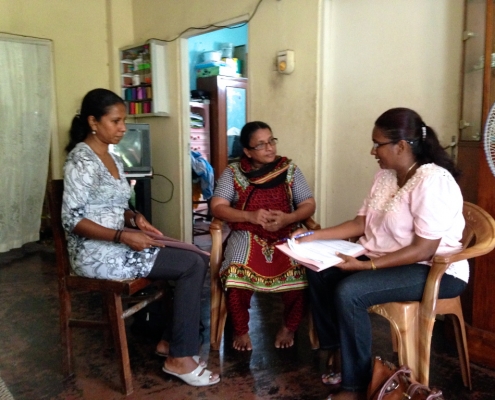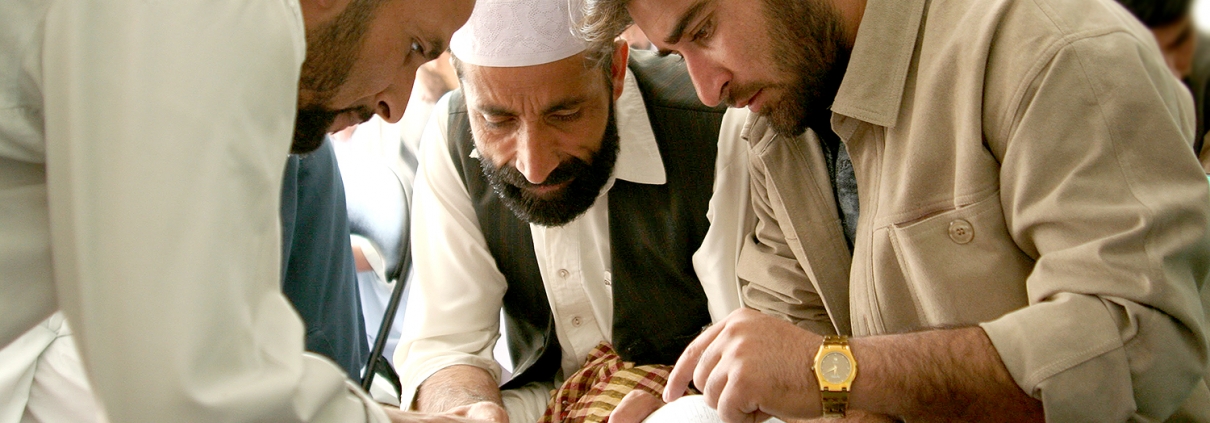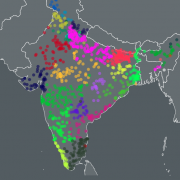Six months into socially distant qualitative research and what have we learned? We’ve learned it’s hard. Online focus groups have a lot of flaws, many of which cannot be mitigated, especially in lower- and middle-income countries. But, like a lot of annoying things these days, they aren’t going away. We have to figure out how to collect the best data we can from them.
The default approach cannot be to transfer in-person groups to an online platform. Here are some useful questions to ask during the project design phase
- How will the quality of the data collected about this topic be affected by the limitations of the platform?
- Who is being excluded from this project because they lack the technological capacity to participate? How will that affect the strategy that will be based on the research?
- Can we collect the data we need in the amount of time we have, given shorter and smaller groups?
- How can we take advantage of the fact that, logistically speaking, geography doesn’t matter anymore?
I’ve learned these lessons in the last few months.
Groups Must Be Shorter
Lengthy Zoom interactions are known to be enervating for everyone. It is much easier for online participants to become distracted, lose the thread of the conversation or leave the group entirely. Disengaged, bored participants – already a problem with many public policy topics — result in poor data. Making things worse, online moderators lack many of the usual tools they use to engage in-person participants.
Groups Must Be Smaller
Think of how you behave on a big zoom call. Can you keep track of who is saying what every minute? Can you listen deeply without distraction so you can probe meaningfully on what that person is trying to communicate without the benefit of body language? Do you tune out and check twitter? Limiting groups to five to seven participants makes life easier for moderators and less boring for participants who have to wait their turns to speak.
Know Who is Excluded
Online groups require participants to have a broadband or 4G internet connection, probably a tablet or monitor and the savvy to know how to use them. Many people in lots of countries don’t have these. Know who your platform excludes, then decide if that’s acceptable according to the goals of the project. Younger, wealthier, urban and tech savvy voters already tend to be overrepresented in public policy discussions. Platforms that by design exclude their older, rural and less connected counterparts exacerbate this dynamic. This is less of a concern in high- and middle-income countries. It is a serious concern in low-income countries or those where digital access is unevenly distributed.
A Quality Recruit Is More Important than Ever
With a smaller group, each voice carries greater weight. That’s why everyone has to be qualified. Spend more time on screener design and prescreening to ensure every participant is the exact person you need.
Prepare for Technical Problems
Resolving technical issues takes up valuable time, distracts participants and the moderator and disrupts the flow of the discussion. Be prepared to redo groups plagued by technical problems.
The Platform Exacerbates Moderator Flaws
Moderators who are poor at fostering a group dynamic or controlling dominators in person will struggle to do so online. If you rely on the same moderators, investing in a course for them to update their skills could benefit them and you.
Topics that Are Illuminated by Group Dynamics Are Less Well Suited to Online
Idea generation, group dynamics and evolution of opinion as respondents learn from each other are what make in-person discussions so valuable for developing insightful strategies. Online participants are more likely act as disconnected individuals responding to moderator-presented stimuli rather than a group that responds to ideas and thoughts of other participants. For a researcher who works on sensitive political and social topics, this is a huge loss. The most revealing groups are the ones where participants struggle with a complex topic and engage actively with prompts from the moderator and the views of their fellow participants.
The “Back Room” Doesn’t Exist
It’s more difficult to guide the reactions of inexperienced observers. It’s also harder to seek clarifications, answer immediate questions or make alterations on the fly among staff. I miss hearing nationals’ reactions to the discussion and benefitting from their insights while watching online groups. Their insights improve my analyses.
Time and Space Don’t Matter
If your moderators, field team and observers don’t have to travel, you have more flexibility on logistics, scheduling and geography. You also don’t have to coordinate and travel to remote regions to hear rural perspectives. Even groups that must be held in a specific area can be more geographically diverse when travel times, public transport and traffic considerations don’t matter. Homebound respondents might have more flexibility, allowing for a broader range of times for scheduling groups.
Have concerns about conducting online groups? Wonder if they are appropriate for your project and country? Contact QGS. We can help.

We can’t just move in-person groups online









